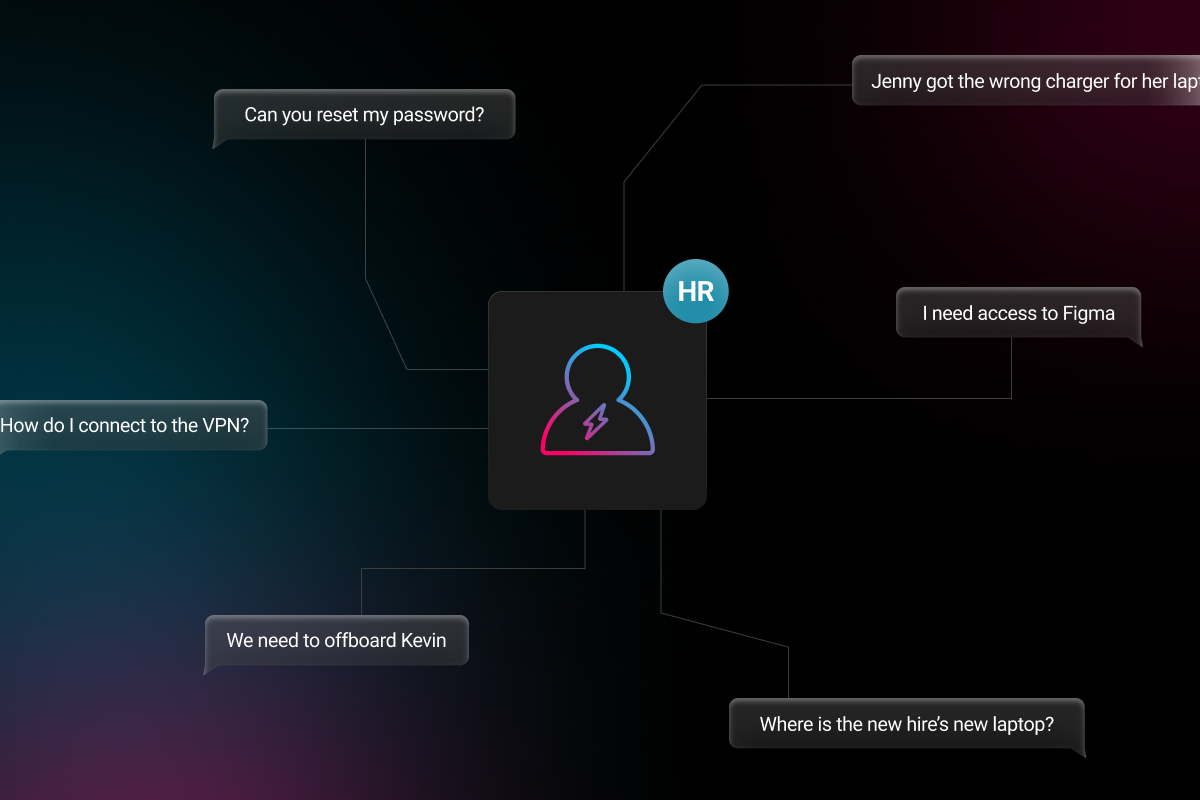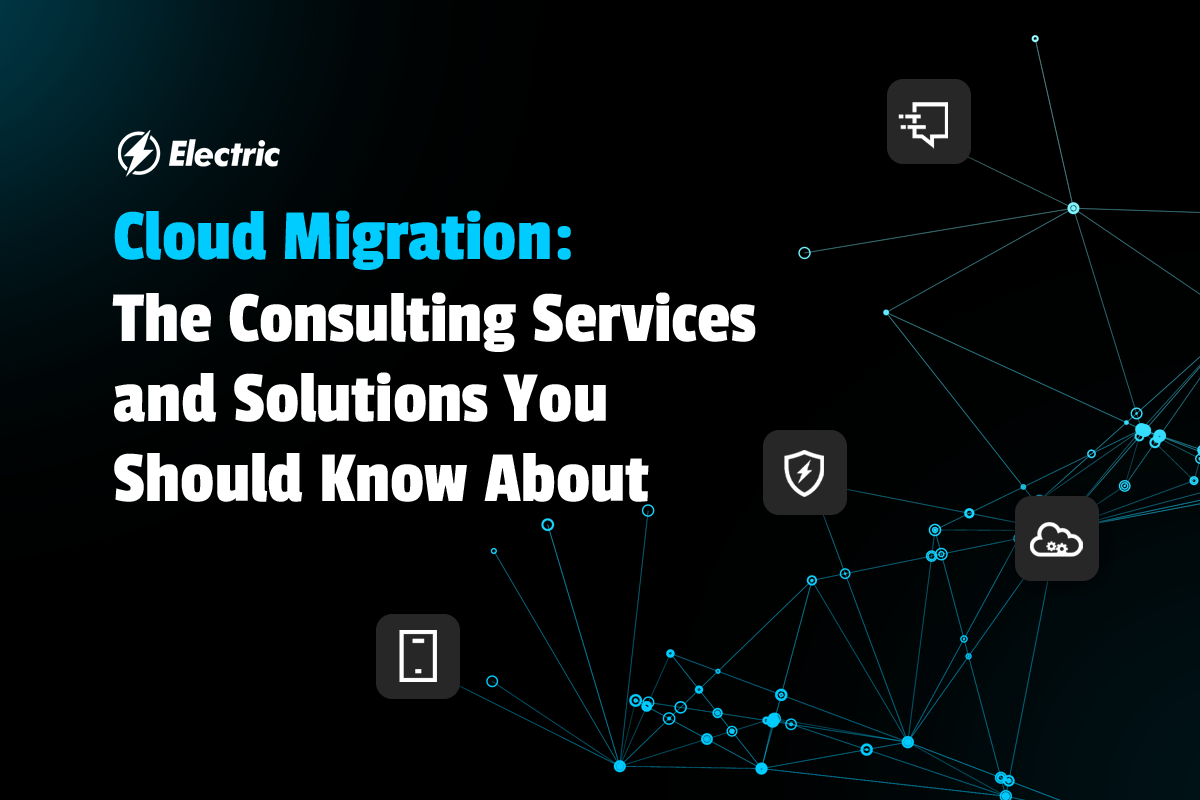
Cloud migration can dramatically enhance the efficiency and productivity of your organization. That said, migrating to the cloud for the first time – or migrating from one cloud provider to another – is still a significant undertaking. Cost, stability, and, most importantly, security concerns all have to be taken into account.
While the benefits are many, it’s important to perform cloud migration efficiently to avoid business downtime and undue strain on internal resources. In this post, we’ll cover everything you should know about cloud migration, including what it is, the common strategies for cloud migration, and why you may need cloud consulting services to support you along the way.
What is Cloud Migration?
Cloud migration is the process of moving data, applications, or other business resources to a cloud environment. For businesses getting started with the cloud, this usually involves transferring data and applications from a local on-premise data center to the cloud.
For organizations that have already undergone this process, they may be considering a further cloud migration from one cloud provider or platform to another. The third, less common type of cloud migration involves moving data and applications off the cloud and back to on-premise servers – this is also referred to as reverse cloud migration.
4 Reasons to Consider Cloud Data Migration
Organizations that decide to migrate to the cloud experience numerous benefits, including:
1. Reduction in costs
With on-premise infrastructure, you have to pay for all the software, hardware, and maintenance fees. With cloud migration, you only pay for what you use.
2. Increased scalability
The cloud allows you to increase or decrease resources based on your needs. As such, it offers great scalability.
3. Improved performance
Since cloud infrastructure is designed to be scalable, you can handle an increase in traffic and demand without experiencing downtime.
4. Digital experience
Migrating to the cloud enhances your digital experiences and creates new capabilities and efficiencies that aren’t possible with on-premise infrastructure.
5 Types of Cloud Migration Strategies
A successful cloud migration strategy includes prioritizing workloads for migration, determining the right migration plan for each workload, and developing, testing, piloting, and adjusting the strategy based on the results.
Given that every organization is unique, a cloud migration strategy should be designed to meet their particular needs and help them attain their desired outcomes. That said, there are generally five types of cloud migration strategies to choose from.
1. Re-hosting
This cloud migration strategy involves redeploying applications to cloud-based hardware and making the necessary adjustments to the application’s host configuration.
2. Re-platforming
Re-platforming involves running applications on the cloud provider’s infrastructure. While you may be able to make some cloud-related optimizations, you won’t be spending the developers’ cycle altering the core architecture of an application.
3. Repurchasing
This cloud migration strategy entails getting rid of a legacy application and then installing commercially available software delivered as a service.
4. Refactoring
This strategy involves re-thinking an application’s architecture and development by leveraging PaaS cloud native features. It is usually driven by the need to scale or add new features.
5. Retiring
Every application eventually becomes obsolete or redundant due to the availability of better options, which is when retiring is needed.
What to Look for in Cloud Migration Tools
Most cloud providers offer cloud migration tools. Your choice will depend on what your goals are and the expected outcomes. When choosing a cloud migration tool, ensure that it:
- Helps you at every stage of the migration process
- Is compatible with your cloud environment
- Facilitates data or application migration
- Has analytics to monitor real-time cloud performance
- Can identify and fix user experience issues
How to Choose Cloud Migration Consulting Services
Here are the things to look for when selecting a cloud migration consulting service for your business:
1.Track Record
Try to find a cloud consultant that has worked with clients with similar cloud needs as yours. Many cloud consultants have testimonials of previous clients on their websites. Pay attention to the trend of the overall reviews. If you’d like further information, don’t be afraid to ask if you can speak directly to a past client for their feedback..
2. Business Fit
When selecting a cloud migration consultant, you should put your business’s needs first. Ensure that you choose consultants who understand your industry and your needs. Such a consultant will give you sound advice on what applications you should migrate to the cloud and how to do so in a way that attains maximum efficiency.
3. Security and Governance
While cloud environments are generally very secure, cloud migration still raises some security and compliance issues. As such, you should look at the security practices of a cloud consultant before deciding to partner with them.
4. Cloud Provider Partnerships
Service companies that are partners with major cloud providers are better positioned to help you seamlessly migrate to key platforms such as Azure, AWS, and GCP through certified developers. They can also help you automate tools and technologies that are predominantly used in the cloud-first world.
5 Benefits of Cloud Migration Services
Here are some of the reasons why you should outsource cloud migration and management services:
1. Expertise
An experienced cloud migration consultant can help you implement a customized cloud migration and support solution that ensures your business attains its goals while maintaining security and compliance. In short, an experienced cloud service provider will offer guidance and expertise throughout your cloud journey, including planning, data migration, and maintenance.
2. Increased Security
Given the increase in remote work, cloud vulnerabilities have caught the attention of cybercriminals.To maintain security and compliance, you need the right access control, active cloud monitoring, and regular vulnerability management. Cloud service providers often use sophisticated tools which enable them to attain better visibility into your existing infrastructure. As such, they can put in place security measures both during the migration and the implementation process.
3. Reduced Costs
Migration to the cloud enables businesses to shift costs from capital to operational expenditures. With effective cloud cost management, this migration can reduce overall IT costs and allow organizations to focus on strategy instead of hardware. Cloud service companies can help you properly implement your cloud strategy to realize this benefit. What’s more, cloud service companies provide predictable billing, making budgeting easier.
4. Better Performance
Cloud service companies can ensure that you experience better cloud performance since they have more experience architecting and managing cloud infrastructures. Also, cloud migration and management service companies tend to have larger teams. As such, they can dedicate technicians to monitor your cloud infrastructure, enabling them to fix problems in real-time.
5. Support In-house IT Personnel
In-house IT teams are often busy undertaking day-to-day helpdesk and support tasks. This prevents them from focusing their efforts on cloud security and optimization. Cloud service companies have access to more robust solutions and can dedicate a team of technicians to your organization’s cloud infrastructure. When you partner with a cloud consulting company, your in-house IT team can focus their attention on projects that directly affect your business.
Application and Cloud Management
Are you looking for cloud management services? Cloud migration can give rise to a significant amount of administrative work, particularly when it comes to user management and permission requests. At Electric, we can handle your cloud management tasks so that you can focus on actually using your software and cloud drives to grow your business. Contact us today to learn more about our cloud management services.



